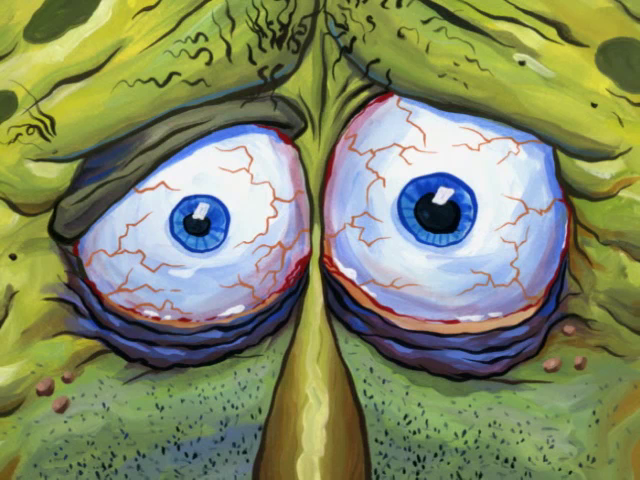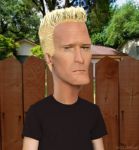Blue light and sleepless nights: insomnia is no match for the sun

Tags: USA
Blue light and sleepless nights: insomnia is no match for the sun published by Evanvinh
Writer Rating: 5.0000
Posted on 2016-03-19
Writer Description: Evanvinh
This writer has written 733 articles.
INSOMNIA--A COMMON and difficult-to-treat condition--is estimated to cost the American economy$63.2 billion each year in lost productivity. A new body of research suggests that a cure might be as simple as soaking up some sun.
Blue light, a part of the visible spectrum in solar rays, keeps us perky during the day by suppressing the release of melatonin, the hormone that causes sleepiness. But when we spend our time cooped up indoors, our eyes fail to take in the proper amount of light, and we never get an internal signal tosleep at night.
"If you don't have a change in melatonin levels during the 24 hours of the day, your body doesn't know when to rest and when to stay awake," says Line Kessel, an ophthalmologist at the University of Copenhagen.
Longhours at the office and the corresponding lack of sunlight maybe to blame for the estimated 23 percent of U.S. workers afflicted with insomnia. Artificial lighting is no replacement for sunshine. "You might as well be sitting in a dark room as far as your circadian clock is concerned," says Patricia Turner, an ophthalmologist at the University of Kansas School of Medicine.
[ILLUSTRATION OMITTED]
Sleep problems can be even worse in the elderly. As we age, a natural yellowing of the eyes may hinder blue light from reaching the retina, according to a study in the journal Sleep. "If the blue light is filtered out by a yellowing lens, the daily and nightly changes in melatonin concentration are flat," explains Kessel, the study's author. "Your body's biological rhythm is disturbed."
Employers may be reluctant to let their workers outside for a sunshine break, but they might want to reconsider. Epidemiologist Ronald Kessler of Harvard Medical School puts it simply: "It's hard to do anything if you don't sleep."
GETTING YOUR BLUE LIGHT FIX
Staring at blue light-emitting TVs and computers at night suppresses melatonin, keeping us awake when we should be getting sleepy. To reap the benefits of blue light while avoiding its perils:
* Take your lunch outside or walk to work, when the sun is at its brightest.
* Read a book before bedtime rather than watching TV. Inappropriately timed blue light can lead to insomnia.
* House hunting? Look for homes with skylights, large windows, and other features that let in plenty of natural light.
* Take off your shades. While it's never healthy to stare at the sun, Turner says that habitually wearing sunglasses may block the blue light we need.
Korones, Sarah
Sources: http://go.galegroup.com.db24.linccweb.org/ps/retrieve.do?sort=DA-SORT&docType=Article&tabID=T003&prodId=PPPC&searchId=R5&resultListType=RESULT_LIST&searchType=BasicSearchForm&a
You have the right to stay anonymous in your comments, share at your own discretion.


